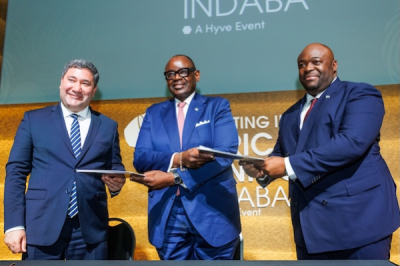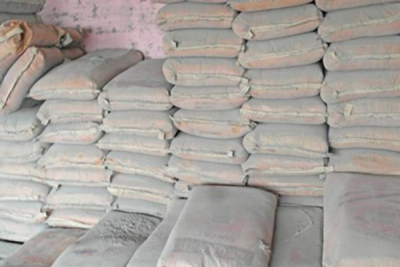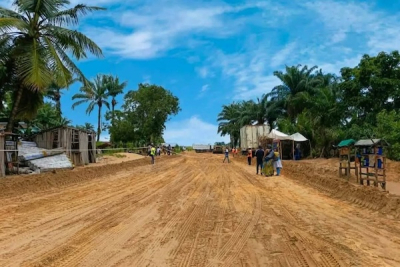The United States Agency for International Development (USAID) has backed a project to professionalize the artisanal copper-cobalt supply chain in the Democratic Republic of Congo (DRC). The U.S. government announced a $2 million funding for the project in a January 14 release. The project is led by Entreprise Générale de Cobalt (EGC), a company helmed by Éric Kalala (pictured). The EGC is a fully-owned subsidiary of the public firm Gécamine.
"USAID’s funding a total of $2 million will enhance the capacity of EGC, the state entity mandated to lead this transformation, by strengthening its field operations and implementing standards to ensure that Congolese artisanal copper-cobalt is mined responsibly and adheres to international standards, including the Voluntary Principles on Security and Human Rights," the USAID release reads.
EGC CEO Éric Kalala has already met various donors to secure funding for the project’s pilot phase which covers five sites. For example, Kalala visited the European Commission’s headquarters last November, alongside Gécamines’ chairman, Guy-Robert Lukama. Kalala also facilitated the partnership with Cobalt for Development (C4D), a project led by the German cooperation agency GIZ.
The USAID’s support should help advance this pilot exploration program. Once feasibility studies are completed, cooperatives will be selected to operate on these sites under specifications that ensure responsible exploitation aligned with international market standards. EGC plans to purchase all production from these cooperatives and sell it internationally, ensuring traceability. If successful, this model could be extended to all artisanal mining sites in the country.
The U.S. Department of Labor recently added the DRC’s cobalt to its list of goods produced by child labor. The Congolese government and industry stakeholders consider this decision to be harsh, given that child labor issues primarily affect artisanal mining. Meanwhile, only about 20% of the country’s output is artisanal and the U.S. knows this since they claim to have been supporting the Congolese mining sector for over two decades.
This article was initially published in French by Pierre Mukoko
Edited in English by Ola Schad Akinocho










